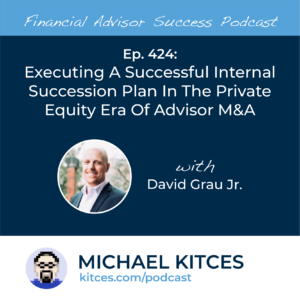When the Social Security Fairness Act was signed into law on January 5, 2025, it came as a relief to many recipients of state or local government pensions whose Social Security benefits had been, up until now, reduced by the Windfall Elimination Provision (WEP) for individuals claiming retirement benefits under their own name, or the Government Pension Offset (GPO) for those claiming spousal or survivor benefits under a current or former spouse's name. The new law repeals both the WEP and GPO, restoring full Social Security benefits to affected individuals, retroactive to January 2024.
The caveat, however, is that although the law is set to take effect immediately (and apply retroactively to more than a year's worth of prior benefits), the Social Security Administration (SSA) has indicated that it could take a year or more to fully restore benefits due to the complexity of recalculating payments for millions of affected retirees.
While it may take a while for the adjustments to take place, advisors can still help their clients plan for the effect of WEP and GPO's repeal by estimating how much the client will be receiving in Social Security benefits once the new law is implemented. But the challenge in making such an estimate is the fact that SSA doesn't clearly show many individuals what their full benefits would be without the reduction for WEP or GPO. While future retirees can find nonreduced benefit estimates on their Social Security statements or online accounts, those already receiving benefits don't have access to this information – making it necessary to find a different way to predict how much their payments will increase once the law is fully implemented.
For individuals eager to know how much they'll be receiving once their full benefits are restored, the best approach is to use their history of Social Security-covered earnings (or their spouse's history, for spousal and survivor benefits) and apply the actual formulas that SSA uses to calculate benefits. However, not everyone will have access to their full earnings history, and individuals who find the Social Security website and identity verification processes to be too onerous to navigate won't necessarily be able to download their history. In these cases, it's still possible to 'back out' an estimate of unreduced benefits using their current reduced benefit – provided they know key details like the age at which they elected benefits.
Notably, estimating benefits in this way isn't a simple 'back-of-the-envelope' calculation, given the complexity of the rules determining the calculation of Social Security retirement, spousal, and survivor benefits. To help with this, we've developed a downloadable calculator that simplifies the process of estimating an individual's unreduced Social Security benefits, whether or not a full earnings history is available.
The key point is that the question of "How much will I be getting?" will be top of mind for clients affected by the WEP and GPO. And given that the reduction can amount to hundreds or even thousands of dollars per month, having a reliable estimate of the impact of WEP and GPO's repeal can help advisors proactively plan for the impact the new law will have on their clients' retirement strategies. While there's still uncertainty about the actual timing of the law's implementation, advisors can still add value today by helping clients understand how the repeal will shape their financial future!




